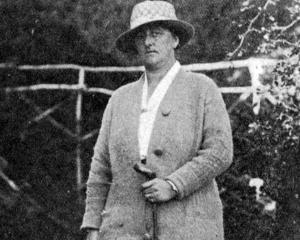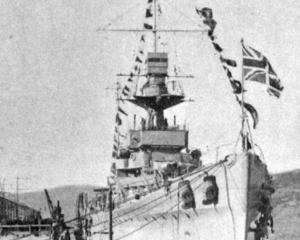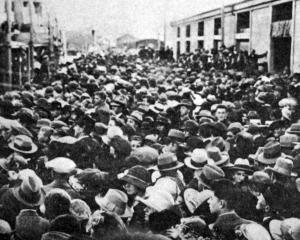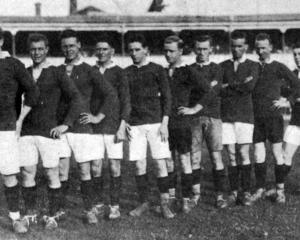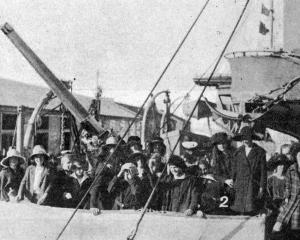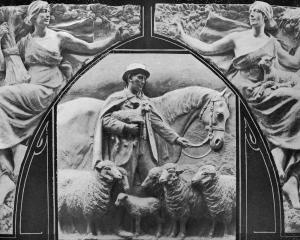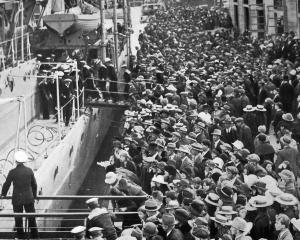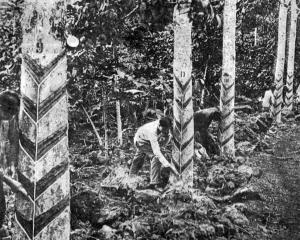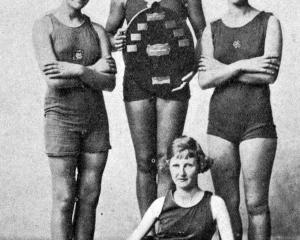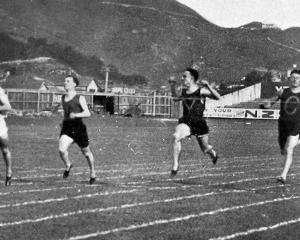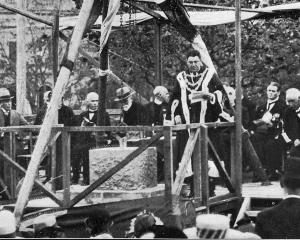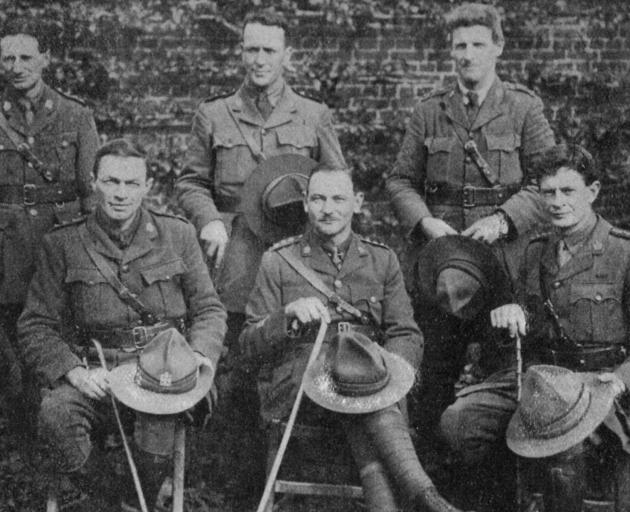
It has been found that many of them live under insanitary conditions, and that there is not only a lack of knowledge, but also a lack of will in connection with matters relating to the health of adults and particularly of children. From time to time reports have been received from the health officers regarding the Native race and a number of nurses have at various times been appointed for special work among the Maoris. In some cases these were women of the Native race, or half-castes, who had had full training in hospitals. The epidemic of last year was disastrous in a marked degree to the Maoris, as is invariably the case with the dark races. Through the epidemic full information was obtained of the condition under which the Maoris live, and after the epidemic subsided circulars were sent to every Maori village, requesting the inhabitants to establish committees of health and setting out the lines in which these committees should act upon in securing cleanliness and hygienic conditions. A further step has now been taken by the appointment of Dr Te Rangihiroa, as a special officer of health for the Native race. Dr Te Rangihiroa, or Dr Buck, as he is known amongst his European friends, is a graduate of the Otago University, and was formerly M.P. for the Northern Maori district. He went away with the forces and did fine service in the war, first as a medical officer and latterly as a military officer, being in each capacity closely associated with his own people. On his return a few months ago he acceded to my request to join the Health Department in the capacity stated, and he now holds the rank of district health officer within any of the health districts of the dominion, his special duty being to watch over the health of the Native race.''
Railwaymen seek 44-hour week
A deputation from the New Zealand Locomotive Engineers', Firemen's, and Cleaners' Association, consisting of the association's branch secretary, and several members of the committee, waited upon Dr Thacker and Mr George Witty M.P.s in Christchurch (says the Press). They explained that they wanted a 44-hour week, time and a-half for work done between 6 p.m. and 6 a.m., double time for Good Friday, Christmas Day, and Sundays, and better lodging allowances. It was explained that the First Division men received a minimum of 10s per night lodging allowance when obliged to put up away from home, whereas the Second Division got only 6s a night, so that in cases where no hotels would now take men for 6s per night men of the Second Division had to actually pay out-of-pocket expenses. The cost of living had made a reform in this direction imperative.
Mount Pisa run
Mr R. T. Sadd (Commissioner of Crown Lands) has been authorised by the Minister to make an immediate start with the classifying and surveying of the Mount Pisa run with a view to having it opened for selection by discharged soldiers. On a run of this size, comprising an area of 147,000 acres, there is a great deal of preliminary work to be done, and three parties of surveyors will be kept engaged on the run throughout the whole of the summer. - ODT, 27.8.1919.

